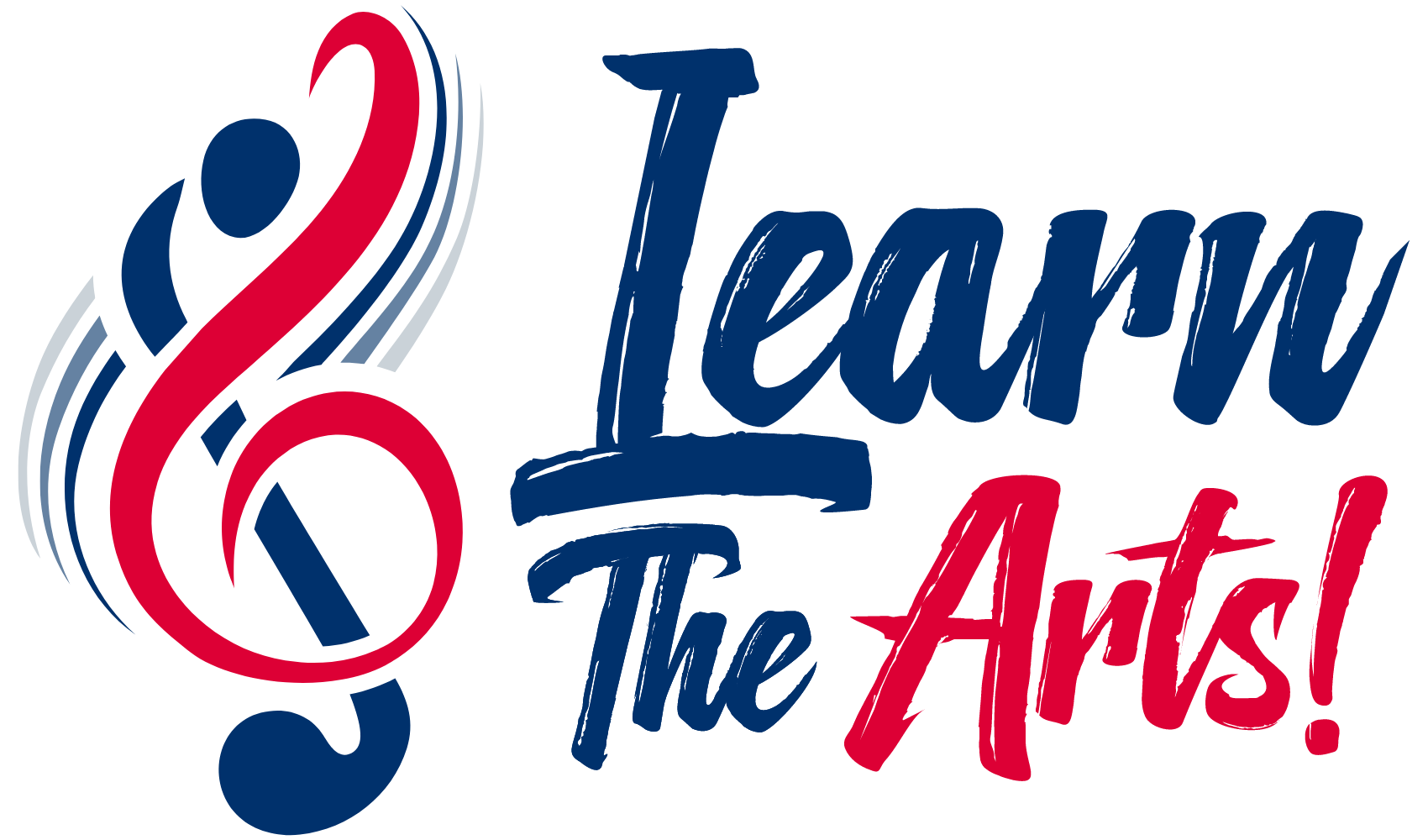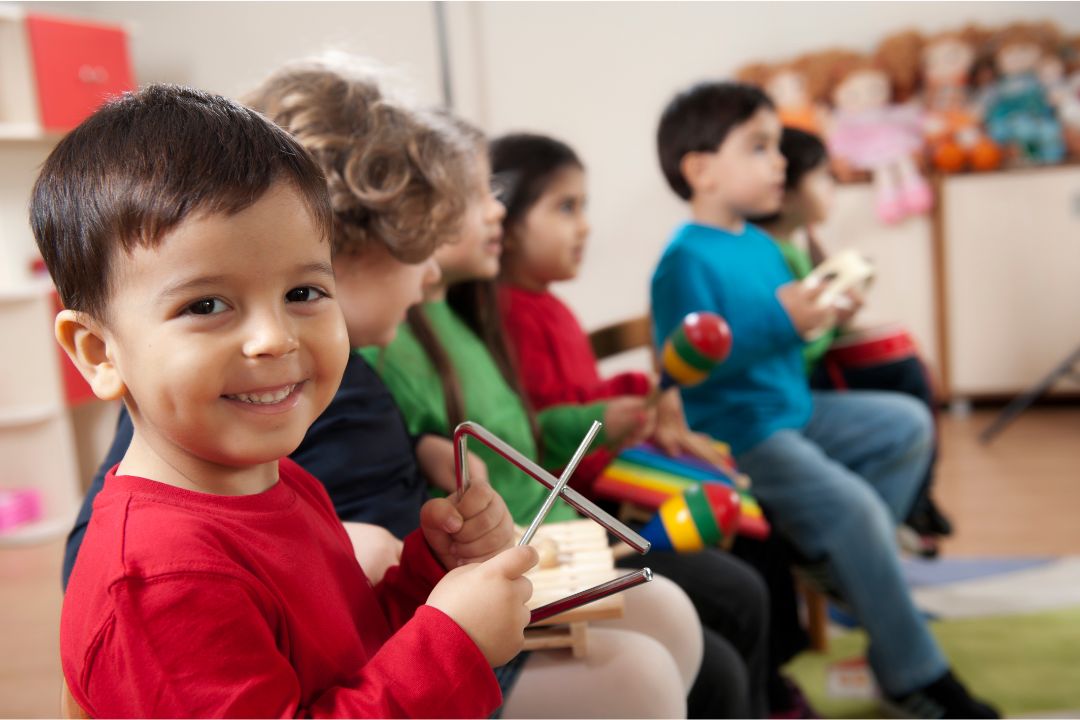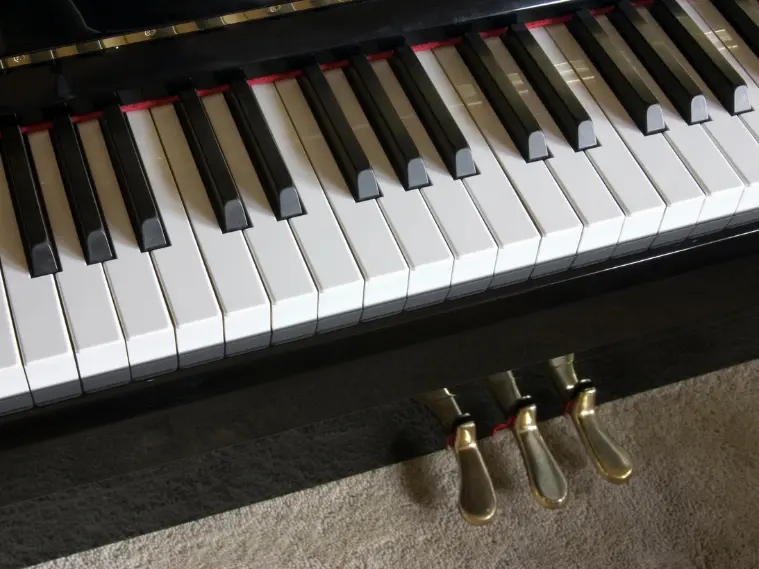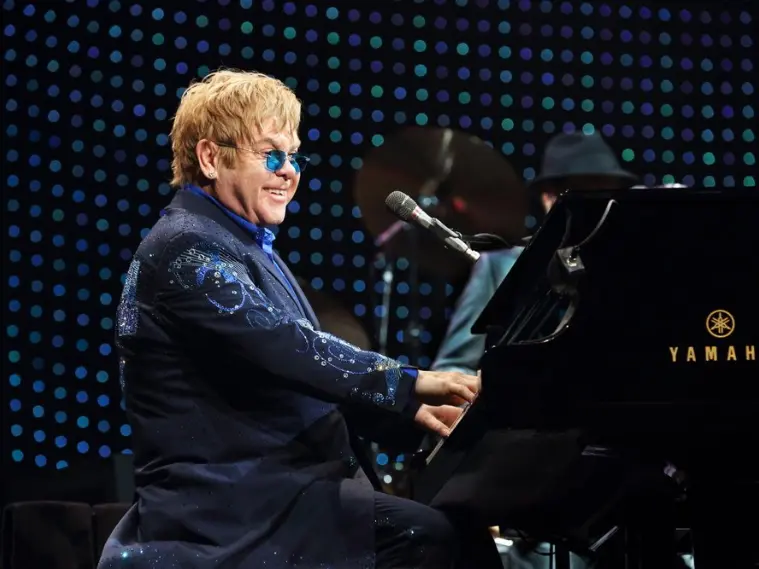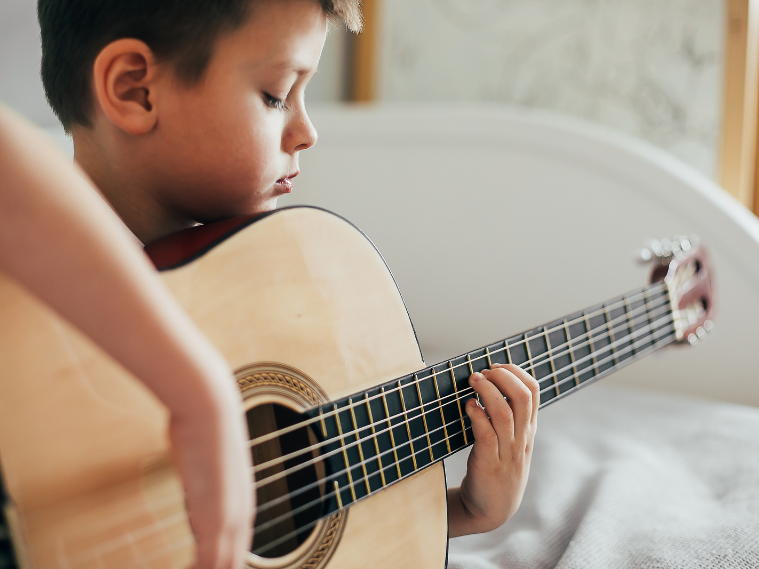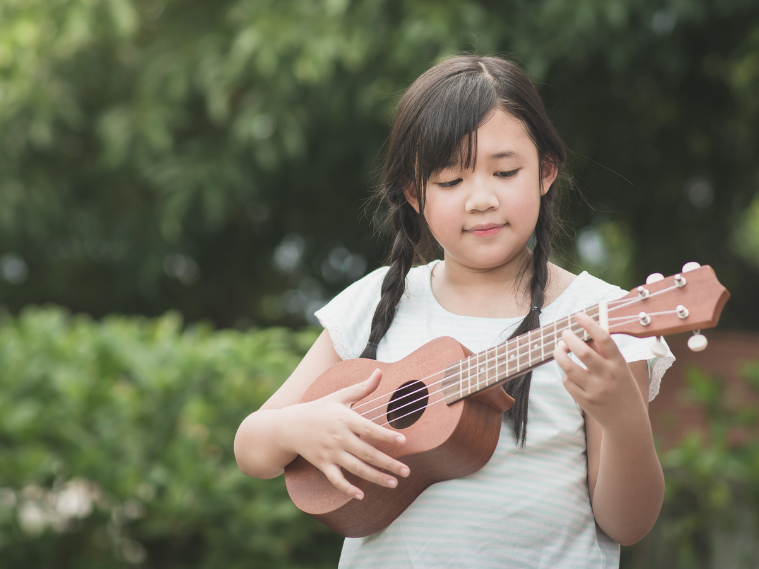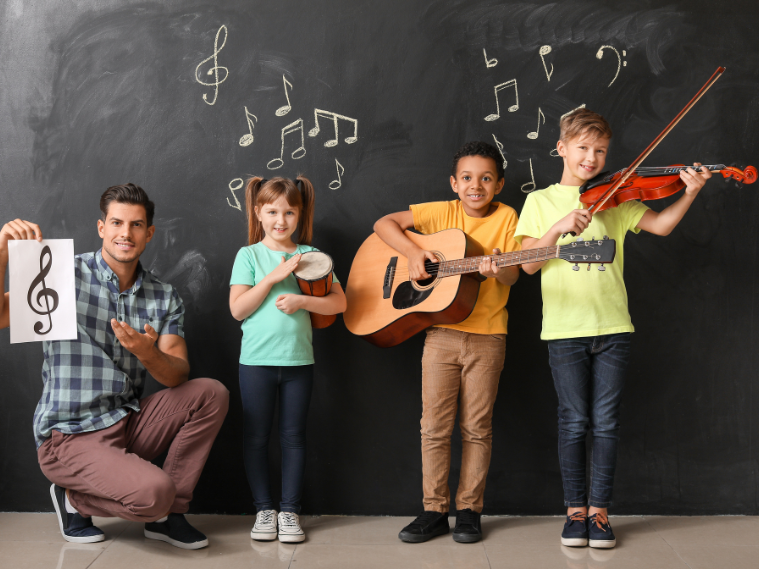Imagine your toddler smiling as they bang on a drum or sing a little song. It’s not just play—it’s the beginning of something special. Music is a language that everyone understands. It brings people together and helps young minds grow.
Many parents are starting to see how helpful music can be for their children. Music classes aren’t just about learning instruments—they help kids think better, speak better, and feel more confident.
Music can make a big difference in your child’s early learning. As the saying goes, “Music gives a soul to the universe, wings to the mind.”
Are you wondering if a music class is a good idea for your child? This article will share seven great reasons why music can be a fun and important part of your toddler’s learning journey.
Introduction
Early childhood is a magical time for learning and growth. During this period, toddlers are like sponges, absorbing everything around them. Music classes offer a fun and enriching way for little ones to learn, play, and develop new skills. They provide a foundation for lifelong learning and enjoyment.
Music classes are not just about singing and dancing. They play a vital role in enhancing motor skills, boosting social and communication skills, and fostering language development. Participating in musical activities can significantly contribute to a toddler’s physical and cognitive growth. As the saying goes, “Where words fail, music speaks.”
Research shows that music schools offer tremendous developmental benefits. They help children recognize patterns in music, improve their listening skills, and nurture hand-eye coordination. Toddler music classes expose children to various musical styles, familiar songs, and provide hands-on experience with musical instruments. This not only enhances their musical skills but also boosts body awareness and language acquisition.
In the rhythm of a song, toddlers find the beat to their next steps in childhood development. By providing opportunities for physical activity, creativity, and exploration, music education becomes a delightful way for children to learn and grow.
1. Helps the Brain Grow
Music classes for toddlers have a magical way of boosting brain growth. Music education encourages toddlers to think more effectively and enhances their memory by combining fun and learning. Listening to patterns in music helps them concentrate better, improving their focus and problem-solving skills. Just like a garden flourishes with care, a toddler’s brain blooms with music’s touch.
Music isn’t just sound; it’s a tool for intelligence. As toddlers engage in musical activities, they use and develop their cognitive skills. Renowned educator Maria Montessori once said, “Music education opens doors that help children pass from school into the world around them, a world of work, culture, intellectual activity, and human involvement.”
Music schools and classes offer the perfect environment where toddlers can explore these benefits. Through familiar songs and diverse musical styles, toddlers gain the ability to remember sequences and improve their listening skills. This is not just about learning songs; it’s a journey toward becoming smarter individuals, ready to tackle the world. Encouraging children to music lets you watch the magic happen as their brains grow!
2. Helps with Language and Talking
Music classes are a fantastic way to boost toddlers’ language and talking skills. Singing and listening to songs introduce children to new vocabulary in a fun and engaging manner. As they sing along to familiar songs, they practice pronunciation and learn word patterns without even realizing it. This playful repetition is key to language acquisition.
Additionally, music schools often incorporate musical activities that foster communication skills. By participating in group singing or rhythm exercises, toddlers develop listening skills and the ability to take turns in conversation. Such activities help toddlers become more comfortable with expressing themselves and understanding others.
Through music classes, toddlers also improve their talking skills by mimicking the sounds and rhythms they hear. The lively and varied musical styles provide numerous opportunities for children to experiment with their voices and explore tonality.
As the famous educator Plato once said, “Music gives a soul to the universe, wings to the mind, flight to the imagination, and life to everything.” Music truly enriches language development, equipping toddlers with the tools they need to communicate effectively.
3. Improves Movement and Coordination
Music classes are wonderful for enhancing toddlers’ movement and coordination. Activities such as clapping, dancing, and playing musical instruments encourage young children to move more efficiently and with greater confidence. These activities are not just fun but are critical for developing motor skills.
Toddlers begin to build both large motor skills, like running and jumping, and fine motor skills, such as using their fingers to play simple instruments or clap along to a rhythm. This development is crucial in this stage of childhood.
Through engaging musical experiences, toddlers improve their hand-eye coordination and body awareness. They learn to move in time with patterns in music, and this physical activity aids their overall physical development.
Participating in music classes also allows children to practice various musical styles, helping them to refine their movement and coordination in diverse ways. As the famous musician Leonard Bernstein once said, “Music can name the unnameable and communicate the unknowable”. In the same way, music teaches toddlers to express themselves through movement, turning playtime into a valuable learning experience.
4. Teaches Social Skills
Music classes offer toddlers a wonderful opportunity to develop social skills in a fun and engaging environment. In these classes, children learn to share instruments and play with others, fostering cooperation and teamwork. They also get the chance to build friendships and work together as a group, which is essential for their social development.
By participating in group musical activities, toddlers learn important social behaviors such as taking turns and listening to others. This helps them improve their communication skills and understand the importance of working collaboratively. Music schools provide a safe space where children can express themselves and interact with peers, promoting a sense of belonging and community.
As toddlers explore different musical patterns and styles with their classmates, they also develop empathy and respect for the unique talents and abilities of others. The social interactions in music class contribute to building a strong foundation of social skills that benefit them throughout their lives. As the saying goes, “Where words fail, music speaks,” and in these classes, children learn the universal language of music that brings them closer together.
5. Helps Express Feelings
Music classes provide toddlers with a joyful platform to express their emotions. These lively sessions offer a safe space where little ones can freely show happiness, excitement, or even frustration. Through musical activities, toddlers learn to recognize and understand their feelings, which is a vital part of emotional development.
Singing along to familiar songs or creating rhythmic patterns in music helps toddlers communicate their emotions more effectively. As they clap along to beats or move their bodies to the rhythm, they explore a range of feelings and how to express them. This exploration is essential in developing their emotional intelligence and body awareness.
Attending music schools introduces toddlers to different musical styles and instruments, offering them new ways to channel their emotions. These experiences, coupled with encouraging words from teachers, foster self-expression and build communication skills. As said by the famous music educator Zoltán Kodály, “Teach music and singing at school in such a way that it is not a torture but a joy for the pupil; instill a thirst for finer music in him, a thirst which will last for a lifetime.”
By participating in music class, toddlers not only learn to make music but also discover a powerful outlet for their emotional world.
6. Sparks Imagination
Music classes for toddlers are fantastic for sparking creativity. In these classes, little ones get the freedom to try new ideas and explore different sounds. This creativity is a key part of their development, as it encourages them to think outside the box and come up with unique solutions to challenges.
When toddlers are introduced to various musical styles and patterns in music, they begin to develop an interest in how different sounds come together to form a melody. These early musical experiences foster a sense of imagination by allowing children to express themselves freely and experiment with musical instruments.
Famous composer Leonard Bernstein once said, “The joy of music should be instinctive, free-ing, and life-enhancing.” This exploration not only nurtures creative thinking but also enhances cognitive skills and language development. By engaging in musical activities, toddlers learn to identify familiar songs and rhythms, contributing to better listening skills and body awareness.
Music schools provide an environment where toddlers can safely explore and grow, turning everyday learning into an exciting adventure. Hence, music classes are not just about learning tunes; they are a gateway to creativity and innovation for young minds.
7. Builds Confidence
Participating in music classes gives toddlers a wonderful opportunity to build their confidence. When young children learn new songs or take part in musical activities, they feel a strong sense of pride and accomplishment. This feeling of achievement is essential for boosting their self-esteem.
In music schools, toddlers are encouraged to explore different musical styles and instruments. As they gain familiarity with songs and patterns in music, they become more confident in expressing themselves. This newfound confidence can positively impact other areas of their life as well.
The supportive environment of a music class allows children to feel secure and engaged. Each small success in learning is celebrated, encouraging them to take on new challenges with enthusiasm. As one wise person once said, “Music gives a soul to the universe, wings to the mind, flight to the imagination, and life to everything.”
Ultimately, these early music experiences contribute significantly to childhood development, enhancing not only musical skills but also providing a strong foundation for social and communication skills. By offering such a nurturing setting, music classes help toddlers grow and thrive with confidence.
Conclusion
In conclusion, music classes are a wonderful gift for your toddler’s development. They do more than just introduce children to musical instruments and sounds. Music schools offer environments where toddlers can improve their motor skills, social skills, and language skills through fun and engaging musical activities. As children learn different musical styles and participate in musical experiences, they develop cognitive skills and hand-eye coordination.
Moreover, these classes boost language acquisition and communication skills, essential for childhood development. Familiar songs and patterns in music help with memory retention and body awareness, laying a strong foundation for later learning.
As parents, enrolling your child in music education is one of the best ways to ensure they grow healthily, both physically and mentally. “Enroll today and give your toddler the gift of music!” After all, the benefits of music education extend beyond the classroom, helping kids learn, play, and thrive in a harmonious world.
